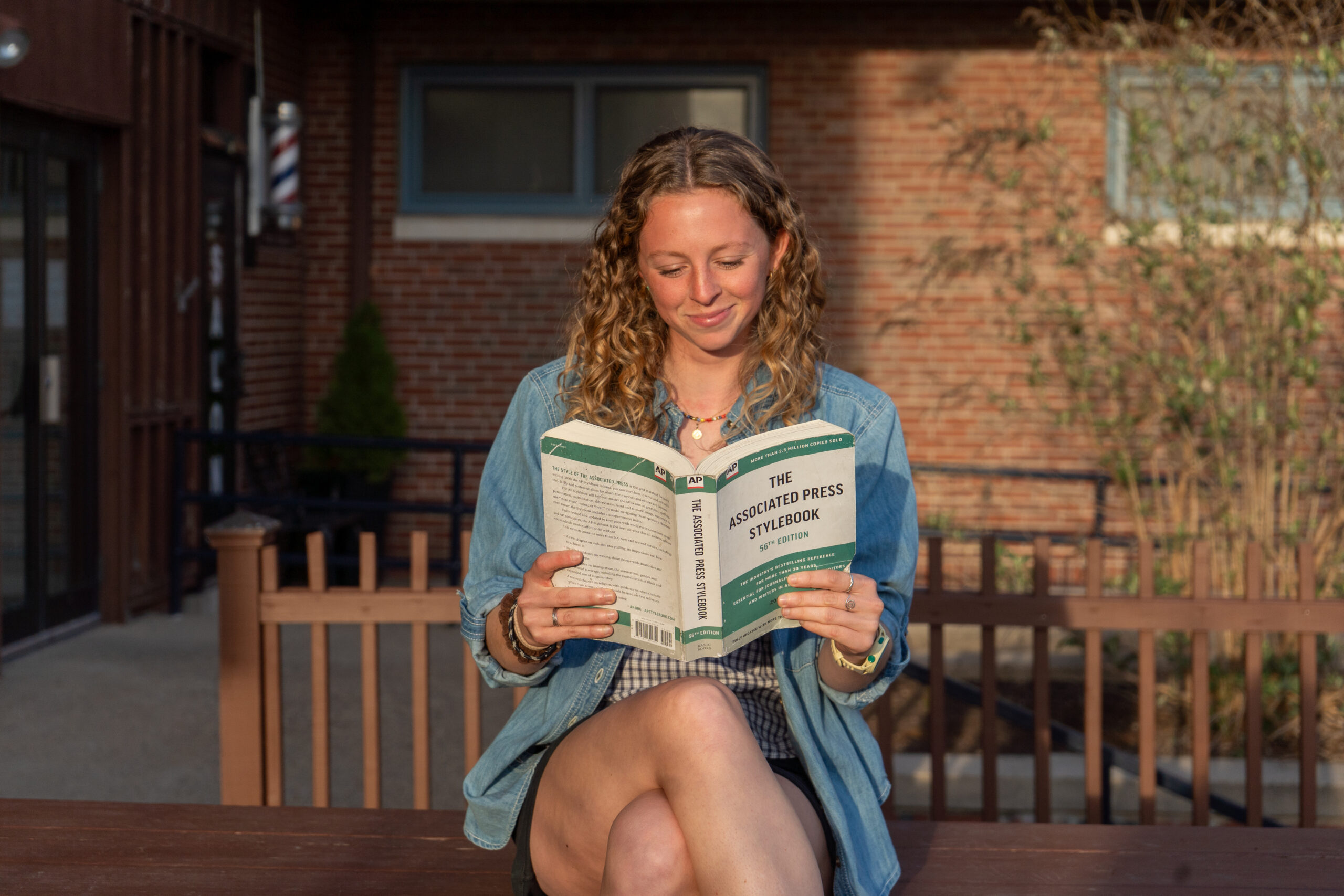While writing this column, many of my sources wished to remain anonymous due to fear of being seen as crazy, weak, or simply not wishing to appear differently in the eyes of other people. The request for anonymity speaks volumes in relation to the lack of conversation among individuals with mental illness, specifically anxiety and depression. I respect my sources and their desire for privacy, but I believe that openly talking about these issues is extremely valuable in solving these issues.
Something that has been a prevalent topic for many years is the fact that there has been a significant rise in anxiety and depression among college students.
In 2015, the Center for Collegiate Mental Health (CCMH) found that between 2009 and 2015 University counseling centers saw a 30 percent increase in students visits. In 2017, the American College Health Association found that nearly 40 percent of college students said they had felt so depressed in the prior year they had difficulty functioning; 61 percent of students mentioned their feeling of overwhelming anxiety
Research and reports about student mental health are nothing new. Many individuals have heard the statistics of increasing rates of anxiety and depression from sources such as social media, news outlets, professors, parents, or friends. If seemingly everyone knows that most other college students suffer from mental illness, why is it still something that is not spoken about?
There has been immense progress in understanding mental illness over the past decade, and we have made gains in treating mental illness with therapy and medication. However, despite the aforementioned strides, the National Academies of Science Engineering and Medicine report that most people still believe that individuals with mental illness are dangerous and unpredictable.
Celebrities such as Lady Gaga, Beyonce, Dwayne Johnson and many others have opened about how mental illness has affected their lives, which has helped to de-stigmatize the issue. Yet from personal observations, it is still a topic no one wants to talk about to their fellow classmates, a lot of which are going through the same problems.
I see a therapist and I am often caught quoting things that she says to my peers, including people I don’t really know. As soon as I mention “my therapist” I see people get tense or awkward. The visible discomfort some people show usually makes me feel uncomfortable, but I believe if more people know that those around them struggle, then they feel more comfortable opening up about themselves. In fact, people I mention my therapist to tend to ask me where I go and whether it is helpful saying, “I am thinking I should maybe see someone. I have a lot of anxiety.”
Some students say that they often feel anxious yet apathetic to school work and their future. “I feel disconnected, but I still do all of my work due to outside social pressures,” said one junior economics student. Similar sentiments were said to me multiple times in various settings.
I have a friend who is a mathematics and chemical engineering double major. He has recently become more open about his feeling of disconnect and other symptoms of depression, but when I encourage him to see a therapist, he is reluctant. “Most of the time I feel like it’s worse than if I just hadn’t said anything, which makes me less inclined to actively want to go talk to someone,” he said.
There are many opportunities and services offered on campus to students, but as someone who is weary about talking about their mental health may find these options isolating from their peers.
The phrase, “You never know what someone is going through,” is undoubtedly true. But perhaps if openly talk about our anxieties or or sources of sadness, we can know and help others as they help us.



